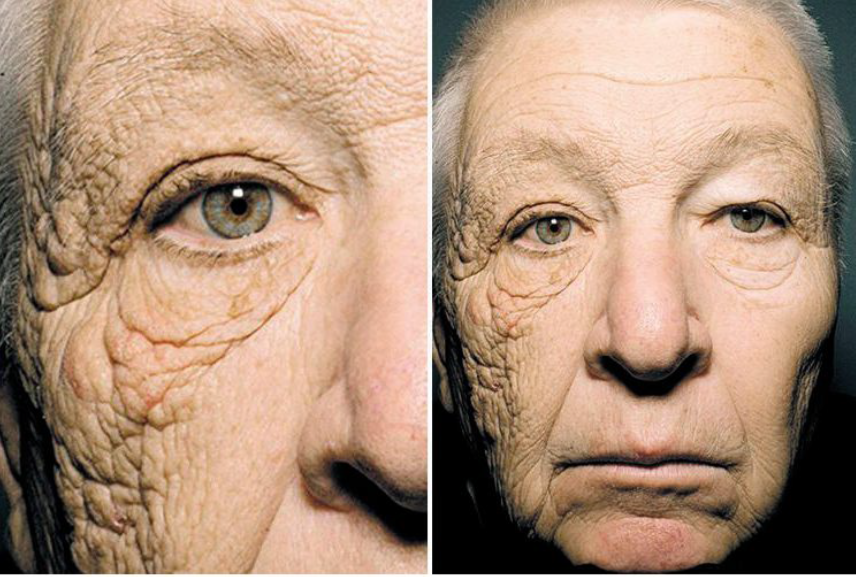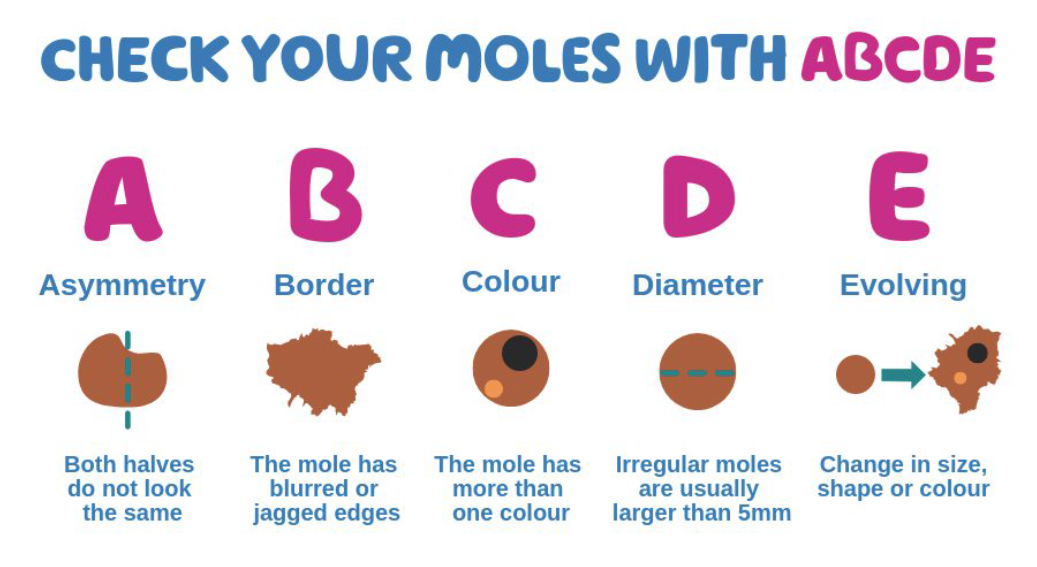
Dr Derrick Phillips
Specialist expertise: Acne, Rosacea, Eczema, Psoriasis, Melasma, Dermatology, Cosmetic Dermatology, Hyperhidrosis, Skin Tag Removal, Skin Cancer, Skin Surgery, Paediatrics.
Skin Cancer is a common condition that affects many people worldwide. Sunscreen is vital to preventing this condition. Dr Derrick Phillips explain why.

According to Skin Cancer UK, there are around 16,700 new melanoma skin cancer cases in the UK each year. That’s 46 every day. Do you wear sunscreen all year round? If not, here’s why you should.
Dr Derrick Phillips, Consultant Dermatologist at OneWelbeck Skin Health & Allergy, spoke to us about the two different types of UV lights, and the importance of wearing sunscreen.
We receive two forms of harmful UV radiation from the sun, UVA & UVB. UVB peaks during the summer months, and is largely responsible for sunburn episodes. UVA is present throughout the year and can pass through clouds and window glass, which means it can still cause damage to your skin all year round, in all weather. Harmful UV rays can damage the DNA of skin cells and key proteins, accelerating skin ageing and resulting in mutations that may develop into a form of skin cancer.
It is important to protect your skin against the harmful effects of UV radiation throughout the year, and not just during the summer months. Applying a high factor sunscreen to exposed skin surfaces is an effective way to protect your skin.
The effects of UVA on skin ageing are best exemplified through this image of a lorry driver (below). You can see that the side of the face that’s closest to the window has aged considerably more than the other side and This is why I recommend always wearing a broad-spectrum sunscreen with SPF 50 and at least four-star UVA protection all year round.

You should regularly assess your moles for changes such as melanoma, a potentially aggressive form of skin cancer, that you can develop in new or existing moles. If you have fair skin and burn easily, have lived in hot countries, have many moles, or have a personal or family history of skin cancer, you are at an increased risk of developing skin cancer, and an annual skin check with a dermatologist is recommended.
For those with many moles, mole mapping is a digital solution that allows moles to be monitored for change over time. At OneWelbeck, we have the UK’s only Vectra WB360 mole mapping machine which harnesses the power of artificial intelligence to accurately track moles, detect early changes, and identify suspicious skin lesions for treatment.
At OneWelbeck, we recommend checking moles two to three times a year and comparing them to a set of baseline photographs. If you’re concerned about any moles or pigmentation on the skin, you should contact your GP or contact our Dermatology team at OneWelbeck.
While not a substitute for a professional check-up, you can regularly examine your moles at home for any changes. In a well-lit area, use a mirror to check your entire body, including your back and scalp (use a hand mirror for hard-to-see areas). Look for any new moles or existing moles that have changed in size, shape, colour (especially becoming uneven), or have become itchy, crusty, or bleed. Remember the ABCDE rule:

If you notice any concerning changes, schedule an appointment with your doctor for a proper evaluation.
Dr Derrick Phillips consults on general skin conditions including acne, rosacea, eczema, psoriasis and melasma. With hundreds of surgical hours, Dr Phillips offers a range of treatments for skin tags, skin lesions and skin cancers. He has an interest in cosmetic dermatology and offers facial rejuvenation treatments.